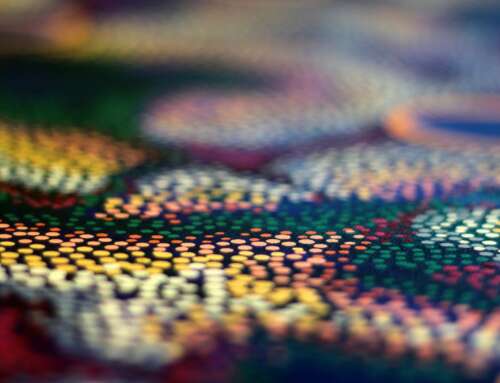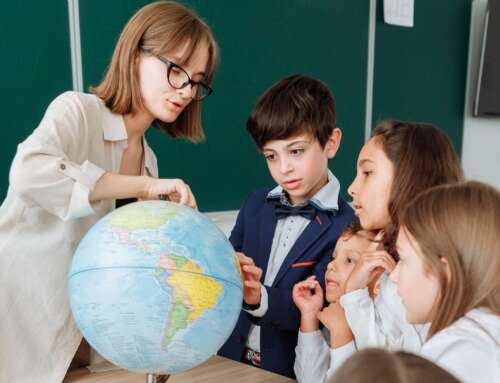
Pixabay Images
The fourth quality in the Relationship Quotient (RQ) is hope. Hope is the belief the future offers the prospects of better outcomes than the present. Hope is the promise to actively give, to promote the mutual purpose of the relationship and to always care for the other. Hope implies that each person will give freely to strengthen the relationship enabling the other to do so as well. Hope gives us confidence in the ongoing nature of the relationship and strengthens our level of contribution.
Hope is a sense of faith in the future and our ability to create better things.
The eminent psychologist, Rick Snyder found there are three main aspects to hope:
- Being able to make goals for yourself
- Being able to devise strategies for reaching those goals
- Being able to remain motivated to reach those goals.
If learned helplessness is a predictor of the likelihood of depression, then “learned hopefulness” is a powerful antidote. It gives hope.
The anticipation that good things will happen in the future and that we have the power to make some of those good things happen is hope. It makes a great difference to young people when the adults around them take on a position of hopefulness. At times we all feel powerless and perhaps despairing. If you fall victim to hopelessness you hand over your power to the uncertain whims of the future.
Hope is the driving force that is left to us in bad times. It is the balm of the soul.
Hopeful cultures enable and hope-less cultures dislocate, disempower and disable.
Research by Resilient Youth Australia on over 100,000 young people found: 62% can think of ways to get what is important to them, 54% can create solutions to the problems they face and 56% can persist and solve a problem when others quit. Hopefulness peaks for young people around the age of 12 when 75% report being hopeful and reduces to 60% by 17 or 18 years of age.
While most young people are hopeful about their lives and the future, hope is a value we need to kindle and re-kindle through our lives. Hope is something we can create.
Increasing Hope in Relationships
Be Kind to Yourself and Others
There is an old saying from the Broome pearling industry, “There are old divers and there are bold divers but there are no old, bold divers”. The message is: treat yourself as a great treasure, be kind to yourself and send a bit of love your own way. This means having compassion for yourself by developing the capacity to forgive yourself.
Make time to look forward to things
In a world that is often distracted and treats many people and experiences as dispensable, take the time to think back over the good things that have happened in your life and look forward to forthcoming events.
The pleasure of anticipation deepens our enjoyment. Waiting for the first fresh peaches of the season or until summer for straw-berries deepens our pleasure. Learning to wait strengthens resilience and our capacity to manage challenges in our lives.
Treat Each Day Like a Precious Gift
You will never be younger than you are today. Embrace it. Use today to enjoy the present and build an even better future.
Increase gratitude
Be grateful for the good things in your life. Gratitude builds hope. Reflect on the good things and express gratitude to friends. It is our relationships with others that make life worthwhile. Be grateful for your own efforts.
Create a life calendar and add to it
Place a calendar somewhere prominent in your home and put on each months page good things that have happened in your life and in your family’s history in that month. Within twelve months you will build a calendar that represents the very best of life.
Create a Daily Silence Ritual
Light a candle, meditate, reflect or pray. You don’t have to believe in any particular deity to make this work. Begin by focusing on your breath. Silently reflection is nurturing and healing as it quietens the less empowering aspects of the mind reminding us to live in the present moment.
Some people benefit from quiet contemplative times, others prefer physical rituals such as going for a walk, connecting with nature or playing music. Find what works for you and schedule in sometime each day to catch up with yourself.
Practise being a human being rather than a human doing. Care for and about yourself.
This may be the one time of day when you feel connected to your own spirit or soul and perhaps even something larger.
Pause and Reflect
Every morning, afternoon and night, pause to look at the sky, breathe deeply and offer thanks. Be grateful. Even though our world has its problems, the sun still rises each morning and we’re awake and alive.
Think of other people around the world as you look at the sky and know that we all share this planet. We all breathe the same air. Among all of us, we have the ability to create solutions to the problems that now exist. Trust this.
Express Love Tangibly
Hugs, words, notes, acts of kindness — be generous with all of them. Surprise a friend with a hug. Hug and kiss your kids longer and with deeper feeling. Greet people exuberantly and thank them effusively.
Tell the important people in your life how much they mean to you. Doing this adds warmth and positive energy to our lives and the lives of people around us. It’s also very comforting both to the giver and receiver of each loving act.
Build a Peaceful World
Hope gives us the creative energy to build a peaceful world. Nourishing a sense of peacefulness in ourselves develops an appreciation of our innate nature- how we are meant to be. Taking times to sit in silence helps us to nourish our authenticity.
If we are not at peace, it is difficult to form peaceful relationships with others.
When we are peaceful we find it easier to express love, which potentially leads to greater happiness. In its purest form, peace is an inner silence filled with the power of trust and love.
Set aside a space in your home where you can withdraw and just be. It will fill you with hope and increase your capacity for compassion.
– Andrew Fuller, John Hendry & Neil Hawkes







Leave A Comment